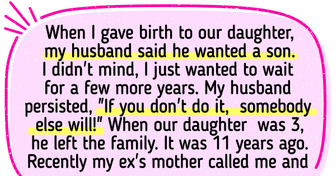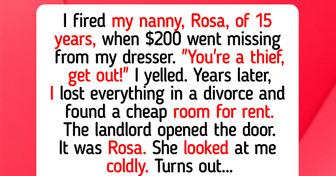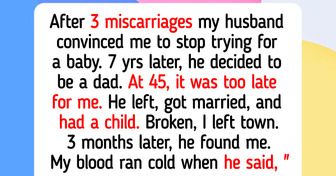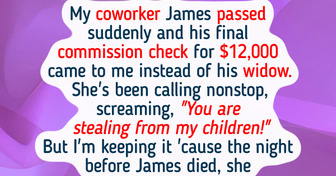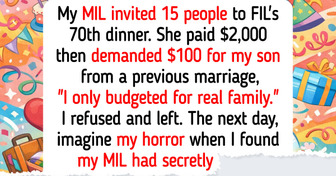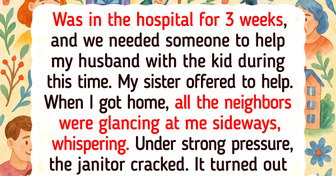I Was Abandoned by My Parents, Then I Got the Letter That Shocked Me
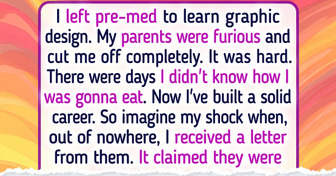
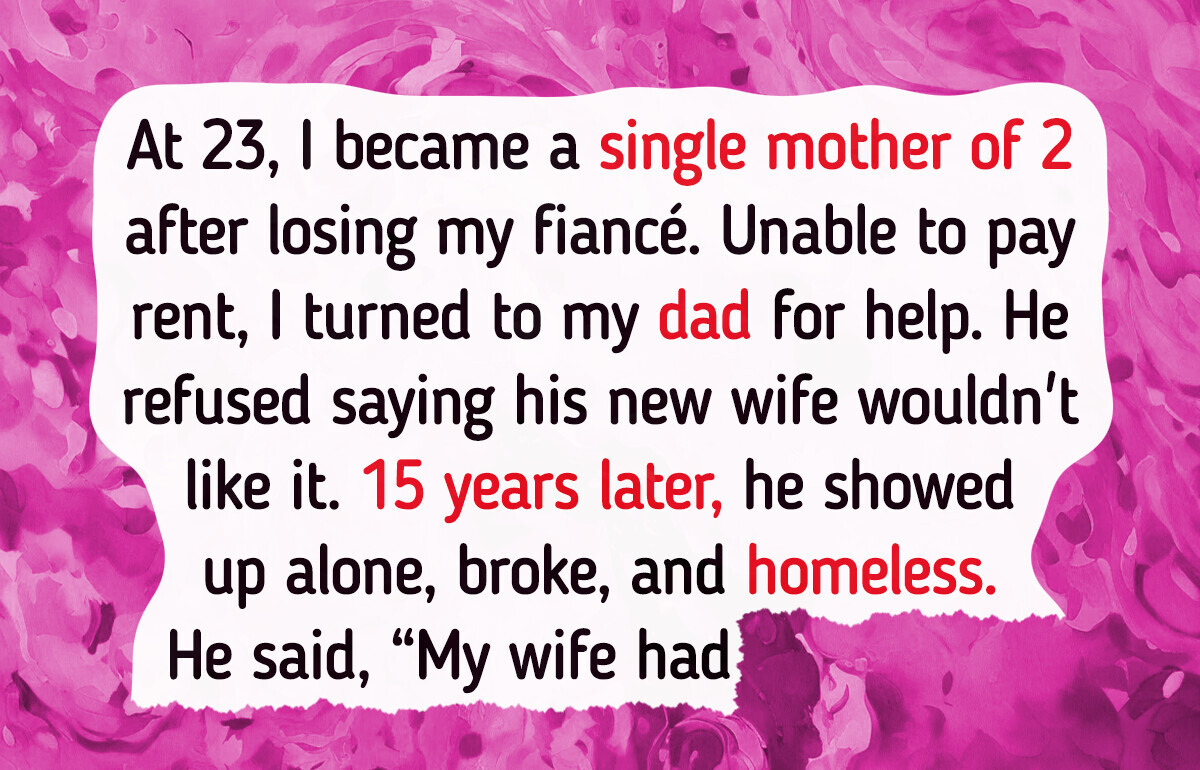
A father is meant to be a source of unconditional support—especially in our darkest moments. But for 23-year-old Allison, reality proved much different. Struggling to raise two children with no one else to turn to, she reached out to the one person she thought would never turn her away: her dad. Instead, she was met with cold refusal.
Now, years later, the roles have reversed—her father is the one in need, asking Allison for help. Unsure of how to respond after so much pain, Allison came to us looking for guidance on how to handle the situation.
At 23, I became a single mother of 2 after losing my fiancé in a sudden accident. With no support system and barely making minimum wage, I found myself unable to pay for both rent and groceries. Desperate, I turned to my dad for help—the one person I believed would never let me and his grandchildren fall through the cracks.
But he refused saying his new wife wouldn’t like it, and that he didn’t want to “disrupt the peace” in his home.
Those were the hardest years of my life. My children and I went without—without proper meals, without heat some nights, without security. I juggled two, sometimes three jobs, lived off of food stamps and coupons, and rarely slept more than four hours a night.
But I made it. Slowly, painfully, I built a stable life. Today, I have a steady job, a small but cozy home, and two healthy, happy kids. We survived.
15 years later, he showed up at my door. I hadn’t heard from him in all that time. He’s now alone, broke, and homeless. He asked to come in—just for a week.
I couldn’t do it. As I shut the door, he said, “If I had helped you back then, maybe you wouldn’t have become this strong. Look at everything you’ve achieved.”
I was stunned. But he said, “I was lost in that relationship. My wife had made me forgot what it meant to be a father. I was scared of losing her, and I left you behind. I regret it every day.”
Before walking away, he added, “Parents aren’t perfect. I’m not perfect. I made a terrible mistake. Please don’t forget—I’m still your father.”
But how can I forgive someone who turned his back on me when I had nowhere else to go—who ignored his own grandchildren for nearly two decades?
What should I do?
Yours,
Allison
Thanks for sharing your story with us, Allison! We’ve prepared some tips that we hope can be useful.
Setting clear boundaries is vital for safeguarding your well-being and that of your family. While it’s natural to feel a sense of duty toward your father, your mental and emotional health—as well as your children’s—must come first.
Communicate your boundaries in a respectful but assertive manner. Let your father know that although you understand and care about his situation, you’re not in a position to let him stay with you. Instead, offer alternative ways to support him, such as helping him connect with local shelters or social services that can provide the assistance he needs.
Try opening up a conversation with your father to share your feelings and find some sense of closure. While addressing the past may be difficult, expressing your emotions can be an important step in your healing process.
Speak openly about how his absence impacted both you and your children, while also making space to hear his side of the story. This dialogue can be a chance for both of you to recognize past mistakes and, if possible, start rebuilding the relationship in a healthier way—even if that doesn’t include him living with you.
During this emotionally challenging time, it’s important to put your own well-being—and your children’s—first. Make space for rest, recharge when you can, and focus on activities that bring you comfort and fulfillment.
It might also be helpful to talk with a therapist or counselor, someone who can support you as you navigate the complex emotions surrounding your father’s sudden return.
By taking care of yourself, you’ll be in a stronger position to manage difficult feelings and make choices that truly reflect your values and what’s best for your family.
Think of forgiveness as a way to free yourself emotionally. It doesn’t mean excusing or forgetting what your father did—it means choosing to release the anger, resentment, and pain that may be weighing you down.
Forgiveness is a personal journey, and there’s no rush. It’s perfectly okay to take your time and seek support along the way. By moving toward forgiveness, you’re taking back your power and creating space for a more hopeful, peaceful future—for both you and your children.
Tired of constant interference from in-laws? Read how I turned the tables and set firm boundaries with my meddling mother-in-law—and why it changed everything. Read to find out how standing up for yourself can be the ultimate power move.


